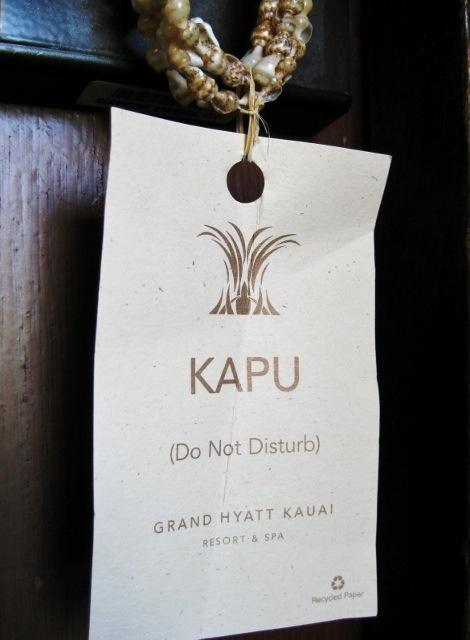
You will still be able to order an overpriced burger and fries late at night at most Hyatt Hotel locations, but from now on the only porn in which Hyatt’s guests will be able to indulge is food porn.
Hyatt announced, in a statement released to numerous news sites last week, that it will no longer offer on-demand pornography at its 600-plus locations located in over 50 countries. The timing was certainly interesting as it came the same day the company touted itself as one of the the best global companies at which to work, according to a Fortune report.
Hyatt could try to spin this news as a way in which it listens to its stakeholders and grooms a more wholesome, family-friendly image. Anti-pornography organizations, including the National Center on Sexual Exploitation (NCOSE), have widely applauded the move. In fact, NCOSE has encouraged consumers to thank the company via Twitter for this shift in policy. But the reality is that the decision was based more on finances than a sudden discovery of morals.
The fact, not surprisingly, is that paid on-demand entertainment revenue at hotels is on a steady decline. The oft-mentioned statistic is that average movie-rental revenues was over $300 per room in 2000, but now that figure has dropped by about two-thirds.
Thank the Internet for that change in hotel room habits. Anyone with a (current) middle school education can figure out how to find porn, as there is plenty of it out there, whether it requires a subscription or is available for free. And as the NCOSE reminds its website visitors, plenty of this can be found on YouTube and other Internet sites. Even Instagram is marred by pornographic images, or offers copious amounts of it, depending on where you stand on this issue. It does not matter if a hotel charges for Wi-Fi access, as those that do are now in the minority. The ability to surf the Web on a laptop or smartphone is still a bargain, whether you have all those naughty sites, or sights, bookmarked or if you just want to binge on something more benign, as in yet another Netflix series.
Hyatt is hardly the first hotel chain to garner criticism for offering pornography to its guests. When Mitt Romney ran for president the first time in 2007-2008, many conservatives excoriated him for his silence on pornography during his tenure on Marriott’s board of directors. Bill Marriott, son of the chain’s founder, defended the distribution of porn as being a standard option of any hotel’s entertainment package (pardon the pun). But critics slammed Romney as speaking out against pornography while having ties to the hotel industry's nonchalance on the issue. Of course, those were the days when hotels worldwide generated an extra half a billion of dollars annually from such salacious content.
So, tack on a few corporate social responsibility (CSR) brownie points for Hyatt for nixing pornography from its in-room entertainment menu. But, as with many such announcements, pragmatism and market trends dictated this decision. And the odds are high that just as much, if not even more, porn is being streamed in hotel rooms, but on phones instead of TVs.
Image credit: Flickr/Sheila Scarborough

Leon Kaye has written for 3p since 2010 and become executive editor in 2018. His previous work includes writing for the Guardian as well as other online and print publications. In addition, he's worked in sales executive roles within technology and financial research companies, as well as for a public relations firm, for which he consulted with one of the globe’s leading sustainability initiatives. Currently living in Central California, he’s traveled to 70-plus countries and has lived and worked in South Korea, the United Arab Emirates and Uruguay.
Leon’s an alum of Fresno State, the University of Maryland, Baltimore County and the University of Southern California's Marshall Business School. He enjoys traveling abroad as well as exploring California’s Central Coast and the Sierra Nevadas.














